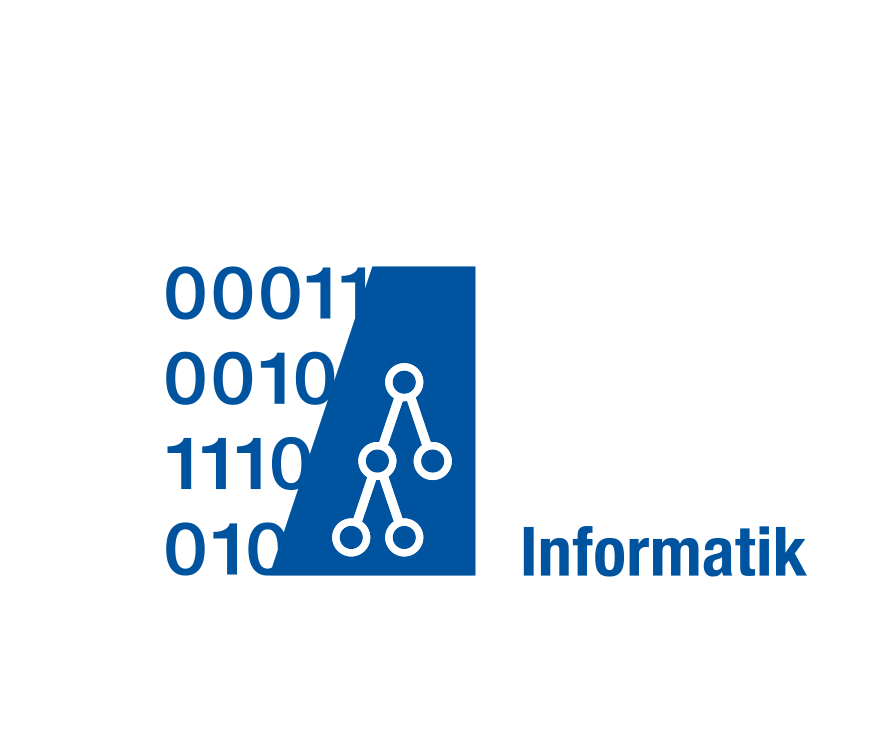Digital Twins for Smart Cyber-Physical Production Systems
Kick-Off Meeting: October 12th, 14:30 am
Lecturer:Prof. Dr. Bernhard RumpeSupervising Assistants: Course Type: Practical Course Course ID: 12.00050 |

|
Industry 4.0 is a vision of interconnected manufacturing in which smart, interconnected production systems optimize the complete manufacturing process to reduce cost and time-to-market. At the core of Industry 4.0 applications is the smart factory of the future, whose successful deployment requires solving challenges from many domains. Ultimately, it aims at enabling more efficient production down to individualized mass production of "lot-size 1".
Model-Driven Engineering enables building complex systems of systems to overcome the challenges that arise in Industry 4.0 applications, such as:
- Interoperability: connect production systems, devices, sensors, and people
- Information transparency: query data and connect digital planning with the run-time data collected from sensors
- Technical assistance: provide the right abstraction to understand the complexity of Industry 4.0 systems and processes
- Decentralized decision making: enable autonomous systems
In this lab course, you will develop a small-scale demonstrator of a typical Industry 4.0 application. This involves building up the factory using Lego NXT and Fischertechnik, and develop models in the architecture description language (ADL) MontiArc that are deployed to the factory by the use of code generators. By the end of the semester you have built a smart factory demonstrator and implemented models to describe a variable, dynamic production system, which are deployed to Lego NXT and Fischertechnik.
What you will learn:
- Applying model-driven engineering and code generation in a real-world scenario
- Manifesting the dynamic aspects of Industry 4.0 applications in an ADL
- Agile software development in small teams
- Deploying applications to cyber-physical systems (i.e., the smart factory).
Registration and briefing:
Please describe your experience (programming skills, attended lectures, lab courses, seminars).
Preconditions:
- Lecture »Softwaretechnik«
- Principles of object-oriented design and programming
- Interest in Model-driven Engineering
- Optional: Familiarity with software language engineering and ADLs
Please inform yourself about the learning objectives in the "Modulhandbuch" (M.Sc.).


